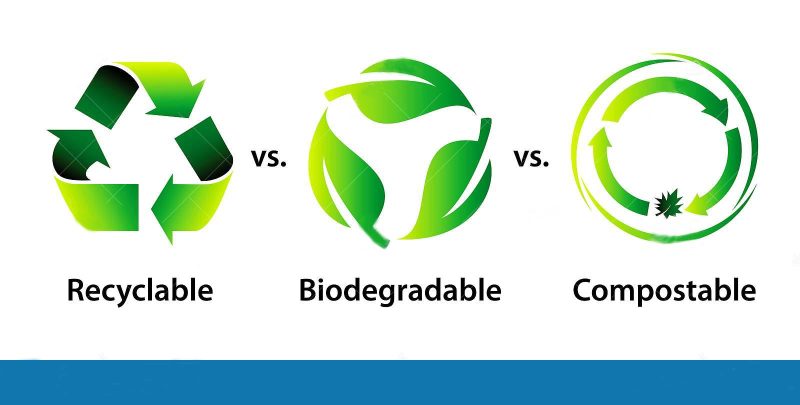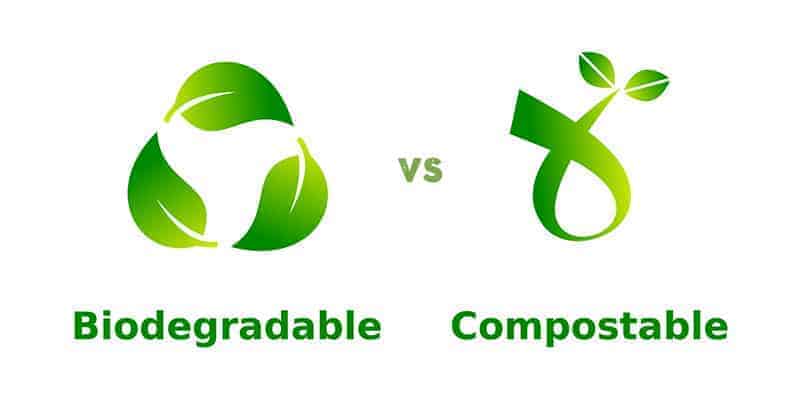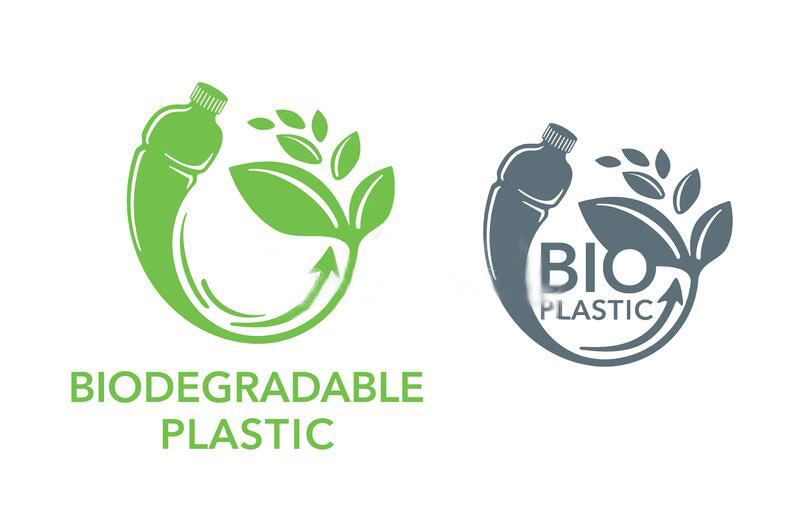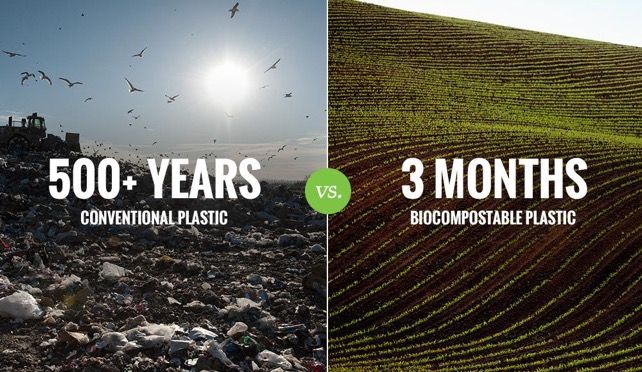Paper cups and compostable bags are a substitute for plastic?
If you think using paper cups is your solution to beating plastic pollution – the theme of World Environment Day 2018 – you’re wrong. Over the years, as plastic alternatives have come to market, few people understand that several of them are not the best alternatives.
Take compostable sanitary pads, for example. Malini Parmar, a member of the Red Green Campaign working in the field of sustainable menstruation, says these sanitary pads are not actually 100 percent compostable because they have a plastic lining that most users don’t remove when they dispose of them.” People think disposable tampons are bad, so they buy these compostable tampons. We have tried composting these pads, but without success. The only sustainable alternatives are cloth pads and menstrual cups,” Parmar said.
Bioplastics are another such urban myth, as these are difficult to separate and require different temperatures to break down, making the process cumbersome. Paper cups are also not an ideal substitute because they have a plastic lining inside, she said.
“The problem of plastic pollution is multifaceted. While plastics in the recyclable high-value category can be recycled, it’s the recyclable low-value and non-recyclable non-value categories that are the pain points,” said Ramprasad V, a solid waste management expert.




